A bold move to assert legislative autonomy is underway as the House of Representatives pushes to establish a dedicated agency for managing National Assembly infrastructure, effectively ending the Federal Capital Development Authority’s (FCDA) oversight role.
During Monday’s public hearing on the proposed National Assembly Infrastructure and Property Agency bill, Speaker Abbas Tajudeen framed the initiative as necessary for operational efficiency.
“The Bill rightly transfers the responsibilities currently performed by the Federal Capital Development Authority to the National Assembly itself,” he stated through Minority Whip Ali Isa.
“This means we are placing control over our premises where it belongs — within the institution that uses and maintains them.”
The legislation directly responds to chronic maintenance delays, safety issues, and bureaucratic bottlenecks attributed to the current shared oversight system. Notably, the proposed agency won’t replace the existing Directorate of Estates and Works but will function as a specialized, autonomous body handling comprehensive infrastructure planning and management.
House Services Committee Chairman Amos Daniel characterized the bill as correcting a “critical anomaly” in Nigeria’s democracy.
While acknowledging FCDA’s contributions since 1999, he insisted: “There must come a time in the evolution of every democratic institution when certain arrangements are reviewed to better reflect principles of institutional independence and efficient governance. That time, for our legislature, is now.”
The move signals the National Assembly’s growing institutional confidence and mirrors global parliamentary practices where legislatures control their physical assets. If passed, the law would mark a significant shift in Nigeria’s governance architecture, granting lawmakers full authority over their workspace management for the first time in the Fourth Republic.
Stakeholders anticipate the bill will face scrutiny from executive branch agencies, setting the stage for potential intergovernmental negotiations as it progresses through the legislative process.

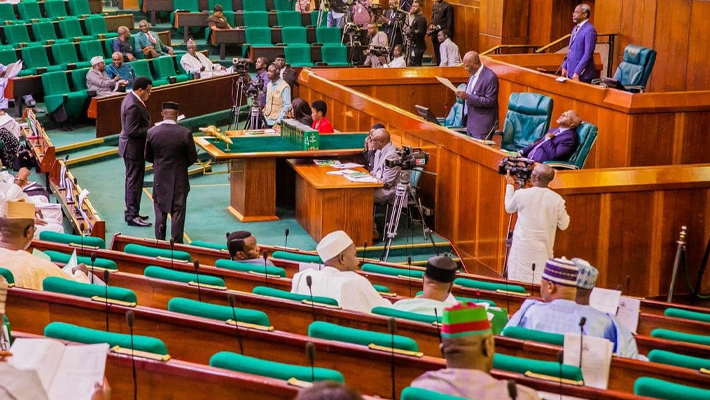





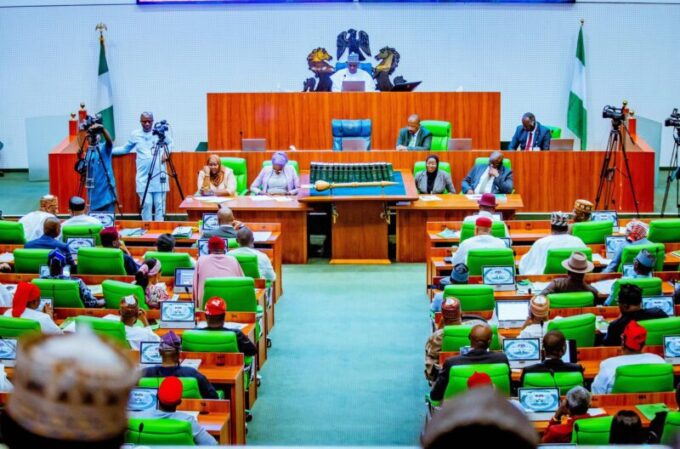
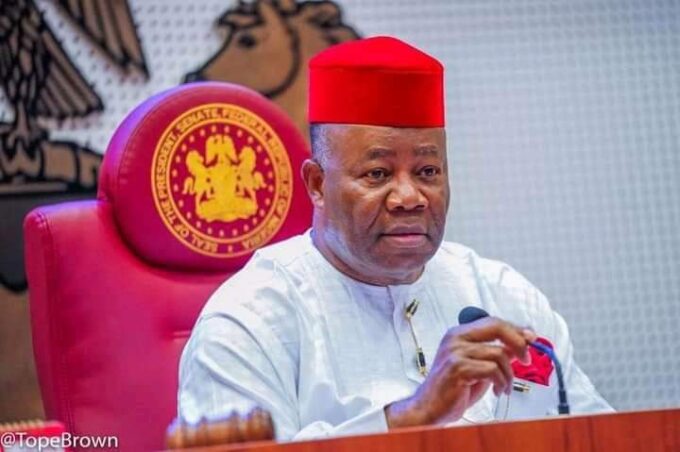
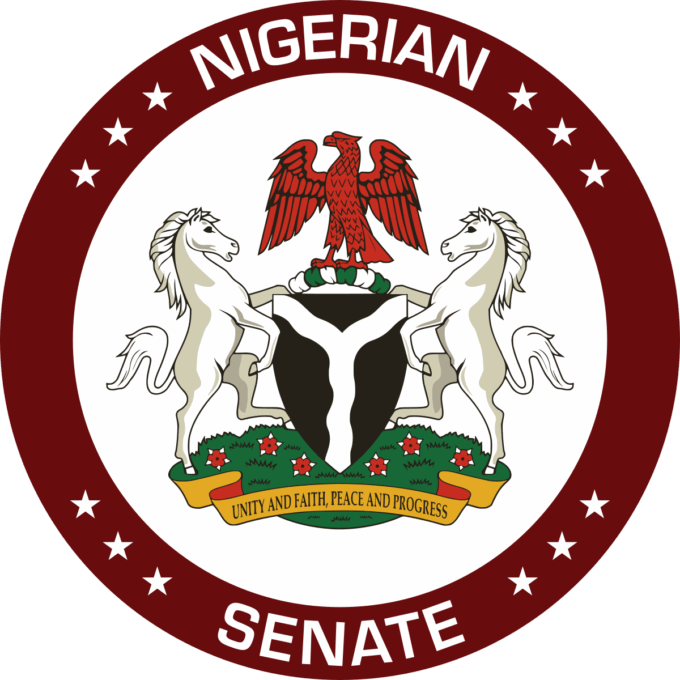



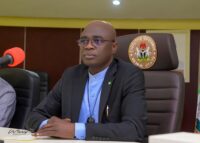
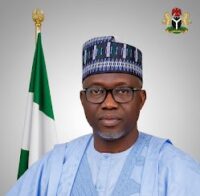
Leave a comment